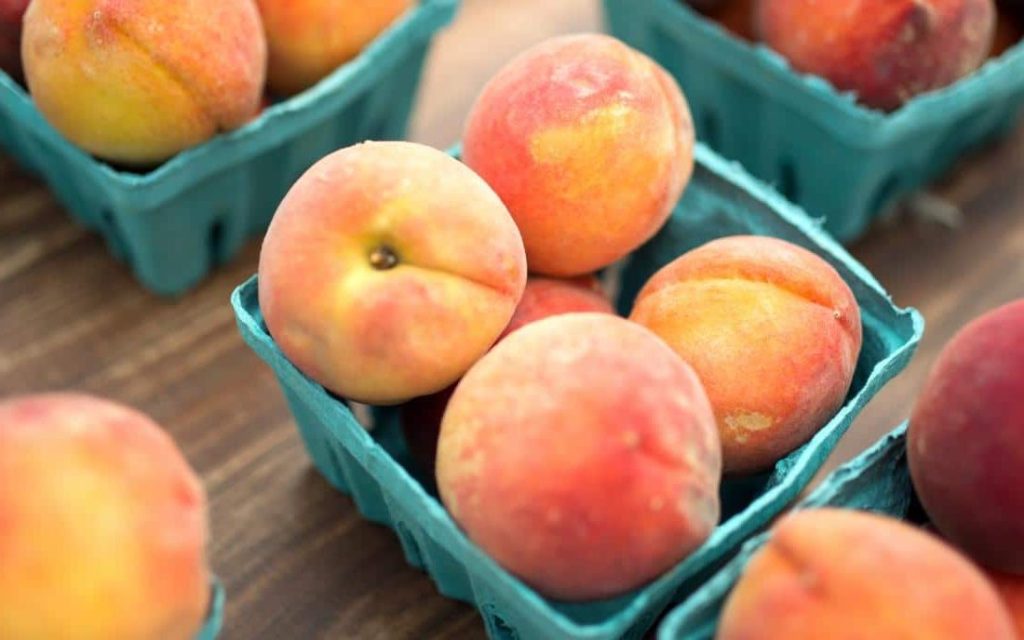Can Diabetics Enjoy Peaches?
Can individuals with diabetes include peaches in their diet? The straightforward answer is yes, but some important factors should be considered before making them a regular part of your eating plan.
Peaches are a low-glycemic fruit, which makes them suitable for a diabetes-friendly diet. They help regulate blood sugar levels by slowing the rise in blood sugar after a meal, thereby reducing the risk of long-term vascular complications.
Furthermore, peaches are rich in fiber, vitamins, and minerals that contribute to better blood sugar control by reducing oxidative stress and improving insulin sensitivity.
Here’s the nutritional content of peaches (per 150 grams):
- Calories – 150
- Protein – 1g
- Fats – negligible
- Cholesterol – 0
- Fiber – 2g
- Sugar – 15g
Exploring Low-Glycemic Foods
The glycemic index (GI) measures how quickly a food item is digested and absorbed into the bloodstream – essentially, how fast it elevates blood sugar levels. Foods with a high glycemic index release glucose rapidly, which can cause spikes in blood sugar levels, potentially leading to insulin resistance and type 2 diabetes. On the other hand, low-glycemic foods release glucose slowly, helping maintain stable blood sugar levels.
Besides peaches, other low-glycemic foods include:
- Bread
- Pasta
- Cereals
- Legumes
- Vegetables
- Nuts and seeds
Whether managing diabetes or not, peaches are an excellent option. With a glycemic load of 3 and a glycemic index of 28, these values are very low and safe for diabetics. Foods with a glycemic index over 70 are considered high-glycemic and should be minimized or avoided by those managing diabetes.
How Peaches Aid in Stabilizing Blood Sugar
Peaches are packed with essential nutrients that have been shown to boost insulin sensitivity, making them advantageous for those with diabetes. This can slow the rate at which blood sugar levels rise after meals, aiding in maintaining stable glucose levels.
The Advantages of Peaches for Diabetics
The insoluble fibers in peaches aid in smooth bowel movements, helping to relieve constipation, a common problem among diabetics.
Additionally, peaches are abundant in bioactive compounds that can enhance metabolism. Their low-fat content also aids in diabetes and weight management.
Adding Peaches to a Diabetic Diet
A medium-sized peach, about 150 grams, is the recommended serving size. The best way to enjoy a peach is to eat it fresh and natural.
Avoid eating peaches on an empty stomach or as the first thing in the morning, as their acidity can cause digestive discomfort. Peaches can elevate a variety of meals. Try adding them to salads, shakes, and smoothies for a delightful and nutritious touch.
